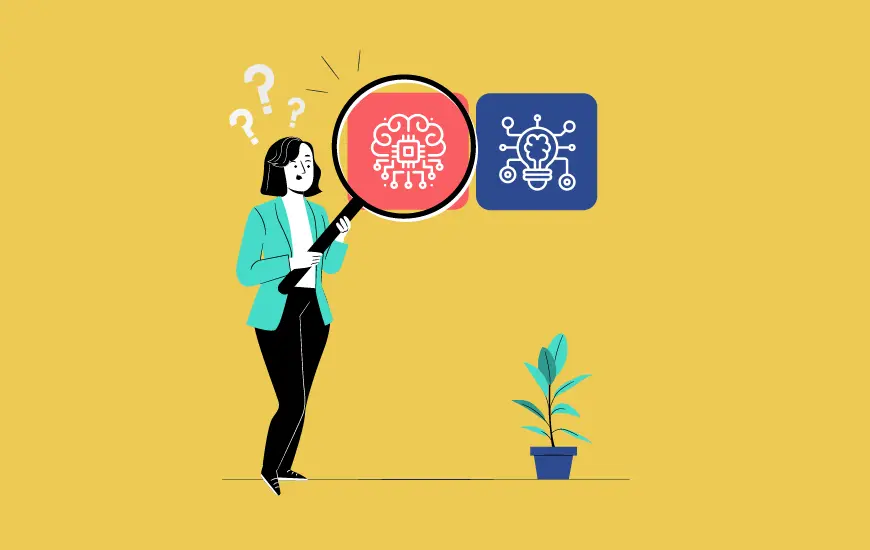Singapore has unveiled an updated version of its National AI Strategy, aiming to triple the workforce constituting the “backbone of AI.” The initiative targets a threefold increase in the number of “AI practitioners,” encompassing data scientists, machine learning experts, and engineers, ultimately reaching a total of 15,000 professionals. This ambitious goal is set to be achieved within the next three to five years, as outlined in a report on Business Today.
During his speech at the Singapore Conference on AI for the Global Good on December 4, Lawrence Wong, Deputy Prime Minister and Minister for Finance, expressed the country’s commitment to training more local talent proficient in AI. Wong emphasized the intention to also attract foreign professionals possessing the requisite skills to complement the local workforce.
In a previous report, it was revealed that 98% of HR practitioners in Singapore are already utilizing AI tools within their HR software, with 80% of HR leaders anticipating a surge in AI integration in the coming years. Pooja Chhabria, a career expert and head of editorial at Asia Pacific at LinkedIn, highlighted that nearly four in five professionals (79%) in Singapore foresee AI becoming an invisible ally in their work within the next five years.
98% of HR practitioners in Singapore are already utilizing AI tools within their HR software, with 80% of HR leaders anticipating a surge in AI integration in the coming years.
The updated strategy doesn’t solely focus on practitioners but also aims to bolster two other categories of talent: “creators” engaged in cutting-edge AI activities and “confident” AI users within enterprises and the workforce. Lawrence Wong stated the desire to recruit top-tier creators to foster a culture of experimentation and excellence in AI.
To meet the workforce expansion targets, Singapore plans to invest in adult education and training, prioritizing the reskilling and upskilling of workers in AI. Wong emphasized the goal of nurturing a critical mass of skilled AI talent while ensuring that the entire workforce is AI-ready.
Singapore’s national AI strategy results from extensive consultations with over 300 experts and organizations. Wong highlighted the diverse applications of AI across various industries in Singapore, including healthcare for disease detection and diagnosis, finance for fraud detection and risk management, and public service for efficiently handling public queries.
Furthermore, Singapore intends to adapt its regulatory framework to encourage AI experimentation and innovation. Wong mentioned the creation of regulatory sandboxes to facilitate innovation while implementing necessary safeguards to prevent systemic risks. He emphasized the need for agility and nimbleness in updating strategies and governance frameworks as scientific progress in AI continues.





